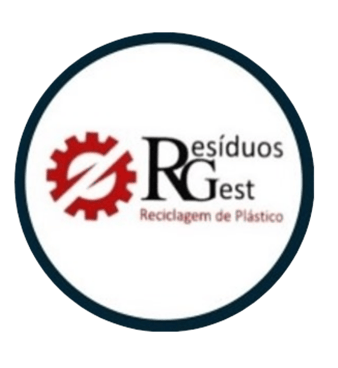Circular Economy and Sustainability
The Circular Economy is a model of production and consumption that involves sharing, renting, reusing, repairing, renovating and recycling existing materials and products as much as possible. In this way, the life cycle of products is extended.
Benefits:
protecting the environment
reduce dependence on raw materials
creating jobs
saving consumers (intermediate and final) money.
This model - the Circular Economy - contributes to Sustainability in its broadest sense: the environment, society and the economy. For sustainability to become a reality, everyone needs to contribute, both individually and collectively. Adopting more sustainable habits is urgent for the planet.
Companies have a major impact on sustainability by being able to adopt measures that are environmentally sustainable:
reduce the excessive use of natural resources (renewable and non-renewable);
evaluate the environmental impacts of their activities and create policies to reduce them;
use sustainable technologies;
use recycled materials whenever possible;
reduce consumption of non-recyclable materials;
promote recycling in the internal consumption of paper, packaging and other used materials;
reduce the emission of polluting gases;
favouring the use of clean energies.
The materials recycling industry is based on the concept of the circular economy, which is a strategic concept based on the reduction, reuse, recovery and recycling of materials and energy.
Recycling plastic is fundamental to preserving the environment and conserving valuable non-renewable resources.
By transforming discarded plastics into new products, we are helping to reduce the consumption of natural resources, minimise environmental impacts and promote sustainability.
Resíduos Gest implements internal sustainability practices, promoting the recycling of materials used internally and the use of solar panels to produce energy. In addition, we are proud of the fact that our activity contributes to solutions for the treatment of plastic waste, namely parts and equipment, by dismantling them and separating the different components (plastic, metal, electronics) and treating them separately. In this way, by treating and valorising the waste, it can be used again in the manufacture of new parts and equipment, contributing to environmental, economic and social sustainability.
